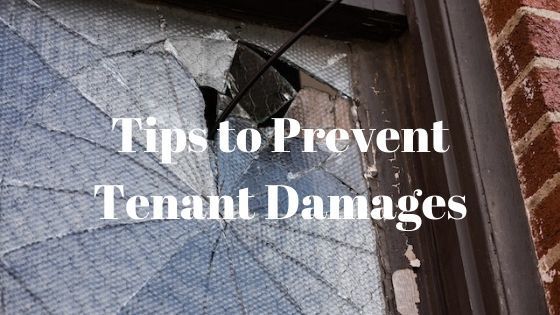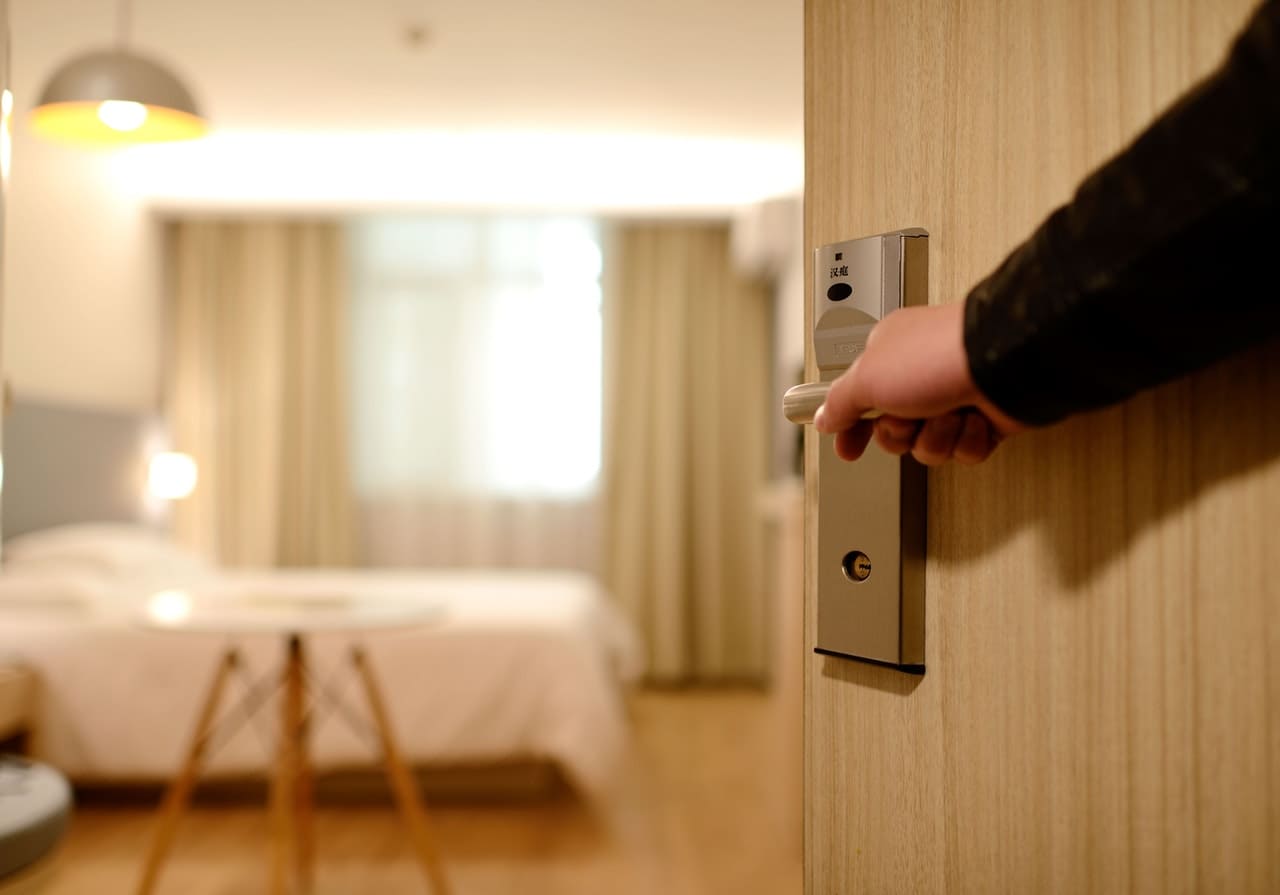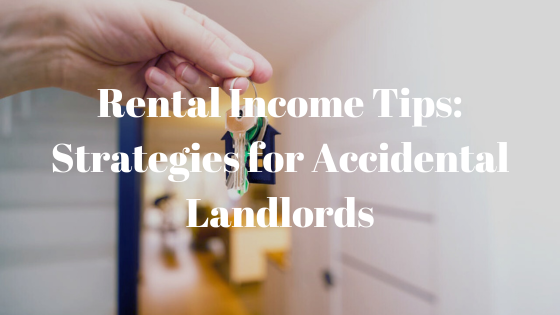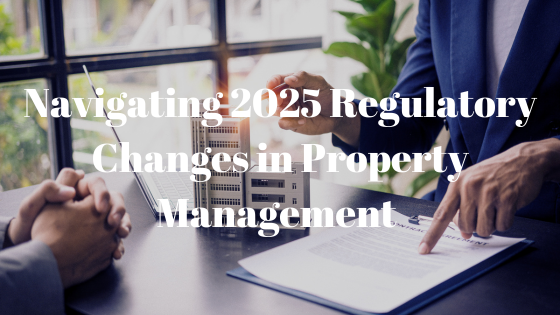Tips to Prevent Tenant Damages
Derek Dawson • June 3, 2020

The formula for property investment may seem simple enough: buy a property and rent it out. Then, earn back the ROI quickly and build more value through consistent property upkeep.
However, we also have to factor in additional costs of property maintenance once a tenant occupies the unit. Landlords must be realistic and acknowledge that there are no perfect tenants; normal wear and tear occurs.
That said, being realistic does not mean not looking for ways to implement solutions to reduce the tenant damages. Here are helpful tips you can apply as a property owner:
Ensure your property is looking its best.
A tenant will naturally observe the condition of the unit he moves into.
Is it clean? Are the furniture and furnishings in good shape? Are the appliances fully functioning?
Once he sees that every detail has been taken care of and the rental house is spotless, he’s more liable to follow that standard.
Just by the first impression and presentation of the unit, the renter can gauge how much the owner cares for his unit. This creates an expectation your tenant must always meet.
The reverse is also true. If the place is in disarray and not managed well, your tenant is very likely not to feel obligated to keep your rental unit in a spotless condition.
Don’t miss performing regular inspections.
As a property owner, it’s your main job to keep your rental unit consistently in great shape. To achieve this, regular inspections must be continually performed.
Your tenant will be able to observe this practice, causing a ripple effect. If you as an owner exercise responsibility and regularly take care of the rental home, your renter will also perform his tenant responsibilities well.
Ask for a high security deposit.
A high
security deposit
protects you in a lot of ways. If there are damages and losses in the future, the amount can be reasonably deduced from the deposit.
The high security deposit can also be used to motivate tenants to take care of the property more and minimize damages. At the end of the lease, tenants want to get back a refund of the deposit, so it’s a good incentive.
If the amount of the security deposit is small, tenants will not work on obtaining it back. If the amount of the security deposit is high, tenants will work on making sure the unit looks the same way it did when they first occupied the rental space.
Outline clear pet policies.
Most tenants nowadays have pets and rental units are more prone to damage when pets are around. Possible damages
may be claws marks on walls, scratches on doors and soiled carpets.
Make sure your leasing agreements are clear when it comes to bearing responsibility for damages caused by your tenants’ pets. The level of discipline towards a pet must be stressed.
Make sure that policies are respected and the number of pets permitted is followed. More pets equate to more possible damages.
Extensive tenant screenings must be conducted.
One of the critical phases in accepting a tenant is taking due diligence when it comes to screening prospective renters. The quality of the tenant you accept will affect the future condition of your rental property.
If you pick the wrong renter, it will become costly, as the likelihood of damages is higher. These tenants are irresponsible in carrying out their duties and can be apathetic when it comes to reporting or asking for property maintenance and repair.
It’s best, therefore, to research the rental history of the applicant. Does he tend to be violent? How did he take care of his previous rental space?
Interview the previous landlord. Has this potential tenant been evicted? Does he have a negative record according to his former landlord?
Doing this in-depth screening will save you from worries later on.
Turn your attention to long-term tenants.
Do you have long-term tenants? If yes, it’s even more vital to conduct inspections. When a renter has been staying for a long time and becomes familiar, the tendency for the landlord is to have a more relaxed policy with the long-term tenant.
This is problematic since this tenant can also become passive with his responsibilities.
He might miss reporting minor damages. He might not be thorough in cleaning up his space, as he has resided in the unit for quite a while and has built a good relationship with the owner.
Establish a solid landlord-tenant relationship.
Have you noticed that it’s easier to follow guidelines when you respect a person? As a landlord, it’s advisable to cultivate a good relationship with your renter, so it’s easy to smooth out disagreements and brewing conflicts. This translates to a more policy-abiding tenant.
You won’t need to remind or force them to perform their responsibilities in maintaining your unit, as well. As a landlord, follow through and conduct your duties well, so your tenants can rely on your word and respect your professionalism.
Conclusion
Property damages are controllable as long as you set good policies, communicate with your tenants and dispense your landlord duties well.
Contact Dawson Property Management
today to learn more about what we can do for your property management needs and how our team can help you.










